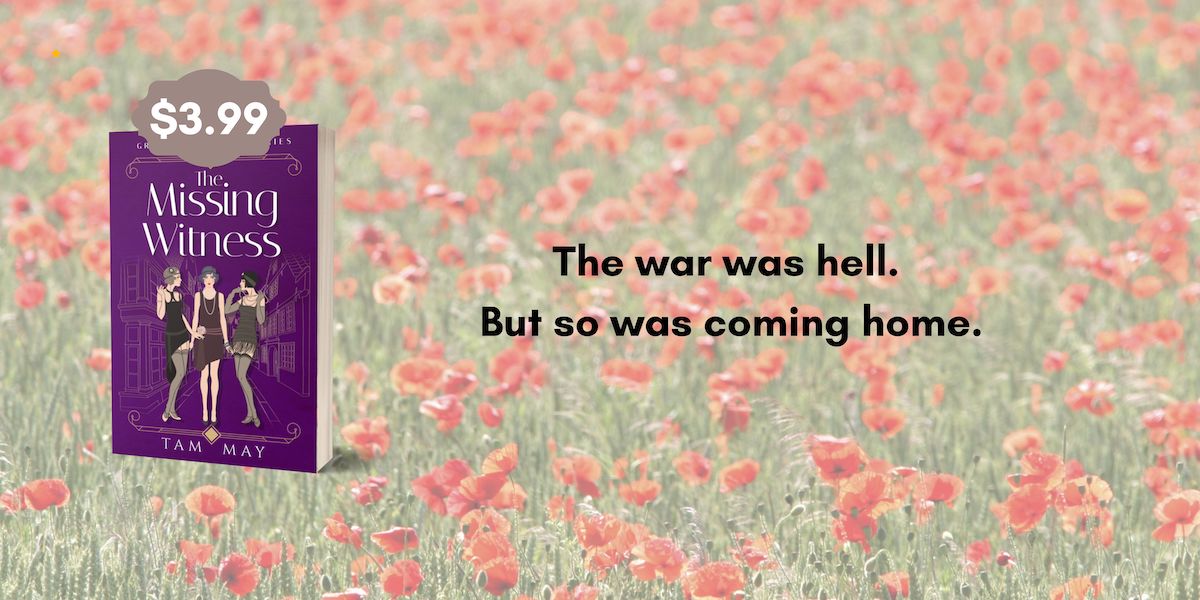In the second book of my Adele Gossling Mysteries, the theme is education. Millie Gibb, the murder victim, is a teacher for an all-girls school in Arrojo (which readers of Book 1 will know well). She’s a good teacher but she has higher aspirations. She wants to be an etymologist (a word expert) and she even intends to study the subject under a prominent (fictional) professor in the field. Millie is, like many New Women of her time, college-educated. In fact, a fellow occupant at the boarding house where she lives remarks her college education makes her stand-offish to the rest of the boarders.
I’ve always been interested in women’s education but I was reminded of it recently when I found the 1988 mini-series The Murder of Mary Phagan (if you love historical mini-series, you can catch the entire thing, commercials included, on YouTube here) The mini-series is based on a true story of a 14-year-old factory girl in Atlanta who was found murdered in 1913 and the trial that took place. In the film, the prosecuting attorney discredits a character witness from Columbia University who attests the defendant (a young man) treated people with kindness and respect by pointing out that, since Columbia University was not co-ed, the man had no chance of observing how the defendant treated women (which is an important part of the case against him).

Photo Credit: Postcard of Columbia University campus 1903 (a good 80 years before the college became co-ed), New York Public Library: NYPL’s Public Domain Archive/CC0 1.0
It wasn’t only Columbia University that barred women from its ranks (it didn’t become co-ed until 1983) but many other universities in the country. While public schools had been co-ed for a while, colleges in America were much slower in embracing women amongst their ranks. A lot of this had to do with the idea of the separate spheres (remember, a woman’s destiny was home, family, and church – not higher education). It also had to do with the perception that women were “too delicate” for the rigors of college study. It was generally thought if a woman had too much knowledge, she would be less appealing to men in the marriage market. We can write these off as utter nonsense (or whatever colorful word you want to use) today, but back then, it was taken very seriously.
We have only to look at the statistics to see how true this is. In 1900, about 19% of students in colleges across the United States were women. And note that in the 19th century especially, many women might enter college but they weren’t allowed to graduate or earn a degree. They could take classes only. Thankfully, as the New Woman began to advocate for a more well-rounded vision of femininity (one that included education) and women fought for their rights, increased opportunities for education became part of the agenda and that number increased. By 1920, 39% of college students were women. And this year, a whopping 74% of enrollees were women! From 19% to 75% is pretty impressive.
See how women’s education plays out in A Wordless Death, which you can get here.
If you love fun, engaging mysteries set in the past, sign up for my newsletter to receive a free book, plus news about upcoming releases, fun facts about women’s history and mystery, and more freebies! You can sign up here.

